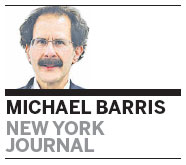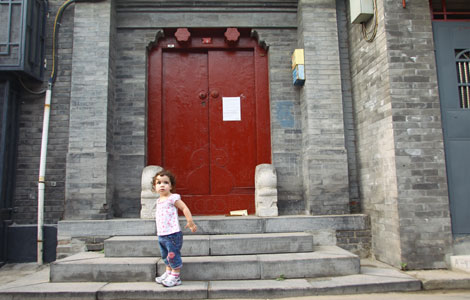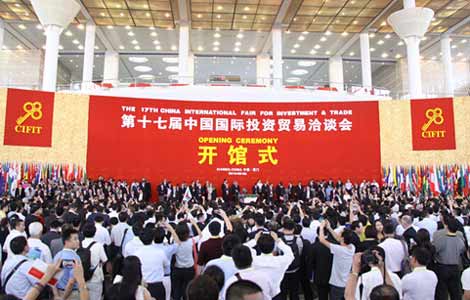Environmentally illegal vehicle imports hurt 'everyone'
Updated: 2013-09-11 11:31
By Michael Barris (China Daily)
|
||||||||
It was "like a student cheating on a test to get a better score".
And, in the end, undermining everyone involved.
That's how a US auto industry analyst described a vehicle-certification scam which sought to help makers of recreational vehicles in China get around US emissions laws.
Tim Dunne, director of global automotive operations at marketing-consulting firm JD Power and Associates in California, made his comments to China Daily in connection with an agreement last week by two California companies to pay more than $3.5 million to settle allegations that they falsely certified more than 24,000 all-terrain recreational vehicles exported to the US from China.
The accused issued certificates without testing the ATVs' ability to meet US emissions standards in the pollution-plagued Golden State.
Back in 2011, the US Environmental Protection Agency and the state of California filed separate lawsuits in a Los Angeles federal court, accusing the companies, MotorScience Inc and MotorScience Enterprise Inc, and their founder, Chi Zheng, of using false or incomplete data to obtain paperwork needed under the Clean Air Act to permit customers to import ATVs.
Under the settlement, the state will receive 20 percent of the penalties and the federal government 80 percent. For the next 15 years, MotorScience, of City of Industry, near Los Angeles, and Zheng must undergo strict monitoring before they do any work involving off-road vehicles and engines, according to the agreement.

The case underscores the need to "vigorously enforce" environmental standards, California Air Resources Board Chief James Ryden said in a news release.
"When a manufacturer circumvents" these laws, "they not only cheat their customers and competitors, but they also shortchange every citizen of our state who relies upon our shared actions to clean the air," the air-quality official said.
Dunne said that the vehicles were presumably sold means "a competitor that played by the rules lost out on 24,000 sales. It's unfair competition - you can't have that in a free market".
MotorScience and Zheng started helping overseas vehicle makers and importers in 2006 get the correct EPA certifications to allow them to sell their goods in the US, according to the lawsuit. Zheng filed paperwork with the agency stating that such vehicles and engines "meet or exceed the minimum requirements" for federal air-quality-control emissions, according to the complaint.
MotorScience allegedly would test a small number of vehicles for import and then use those results repeatedly to get certificates for other vehicles. In at least three instances, those vehicles exceeded the federal limits for hydrocarbons and nitrogen oxides.
But, according to the complaint, the company failed to keep a detailed history of how or when such tests had taken place. MotorScience also failed to meet the federal requirement to get copies of that and other data to its customers, according to the lawsuit.
MotorScience has been in trouble with the EPA before. In 2010, the agency voided 12 certificates held by four US-based importers of Chinese recreational vehicles who were clients of MotorScience.
Neither Zheng nor MotorScience could be reached for comment.
There are two issues here.
One, air pollution has long been a major challenge in California, partly due to having one of the world's largest automobile markets. Local air districts in Southern California and the San Francisco Bay Area have attempted to limit fine particulate matter and ozone emissions. The state's target is to get 1.5 million zero-emission vehicles on the road by 2025.
"California has taken a lot of public chastisement for its tough stance on vehicle emissions, but few could argue with the results," Dunne said. "In urban areas, the air is much cleaner today than it was 20 years ago, and could provide a blueprint for emerging countries that are caught up with endemic smog and pollution."
Another issue deals with the notion of keeping a free market free - free of corruption.
As Dunne said: "Twenty-four thousand vehicles is not a lot in the grand scheme of things, but a free market requires a level playing field. Everyone needs to comply with the rules if they want to play."
Contact the writer at michaelbarris@chinadailyusa.com
(China Daily USA 09/11/2013 page2)
Most Viewed
Editor's Picks

|

|

|

|

|

|
Today's Top News
Russia proposal likely to avert US air strikes
China's Hawaii goes fishing for talent
IPO to land deals in Hollywood
Timetable not set for Six-Party Talks
Li plots the economic course ahead
New iPhones a dud in China, so far
Kerry to meet Russian counterparts over Syria
Trending news across China
US Weekly

|

|















